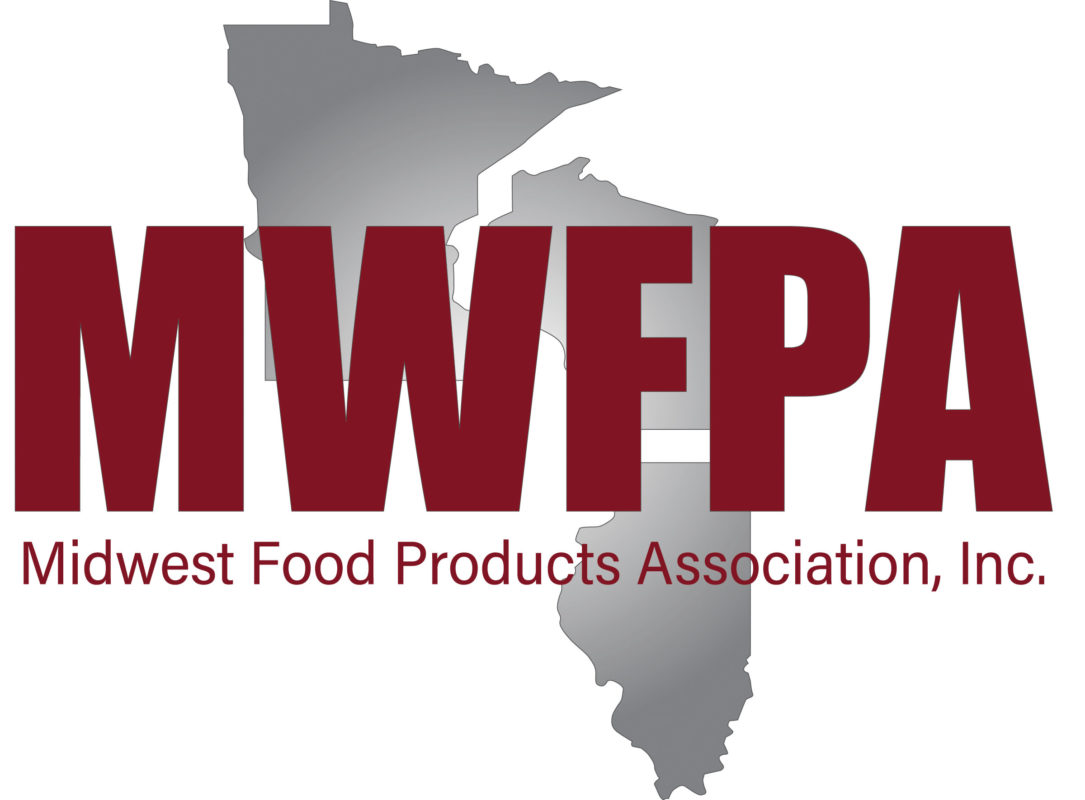IL Governor JB Pritzker has issued two new Executive Orders that extend the current “stay at home” order through Thursday, April 30.
There is no change to the definition of essential manufacturing meaning that these facilities, distribution, and supply chains may continue to operate under the Governor’s Executive Order 2020-18. Essential manufacturing is defined as:
Manufacturing companies, distributors, and supply chain companies producing and supplying essential products and services in and for industries such as pharmaceutical, technology, biotechnology, healthcare, chemicals and sanitization, waste pickup and disposal, agriculture, food and beverage, transportation, energy, steel and steel products, petroleum and fuel, mining, construction, national defense, communications, as well as products used by other Essential Businesses and Operations.
Manufacturers will self-determine if they fall under this guideline. It does not require a special designation or permit from the State of Illinois.
The Executive Order also continues all other executive orders through April 30 including the suspension of consumption in bars and restaurants, school closures, and waiver of a one-week waiting period for unemployment insurance claims.
The second Executive Order (2020-19) provides liability waivers for health care facilities, health care professionals, and health care volunteers who are working under the direction of the Gubernatorial Disaster Proclamation.
WARN Act Update
Manufacturers have been engaged with the Department of Labor and Department of Commerce and Economic Opportunity to get clarification on WARN Act notices that require employers with more than 75 or more full-time employees to give at least 60 days advance notice of plant closings or mass layoffs to workers along with state and local officials. Employers who fail to give WARN notices are liable for back pay and benefits in addition to civil penalties.
The Illinois WARN Act provides that employers are not required to provide notice if a layoff or employment loss is necessitated by a physical calamity or an act of war or terrorism. At this point, the Illinois Department of Labor has indicated that they are not enforcing the WARN Act requirements but manufacturing interests are advocating for an official waiver or declaration. The circumstances of the COVID-19 are a calamity.
Overweight Trucks
Manufacturing representatives have received additional guidance from the Illinois Department of Transportation regarding applicability of the overweight truck allowances and waivers of overweight truck fees. The definition of emergency assistance includes supporting:
- Medical supplies and equipment
- Supplies and equipment necessary for community safety and sanitation
- Food, paper products, and other groceries
- Immediate precursor raw materials – such as plastic, paper, or alcohol – that are required and used for essential products
- Fuel
- Equipment and supplies for temporary housing
The Department is ruling that this applies to supply chain products and agricultural products that may be used for food, fuel, or processing.
Direct assistance does not include routine commercial deliveries, including mixed loads with a nominal quantity of emergency relief.
Thanks to the Illinois Manufacturing Association for supplying this information.
